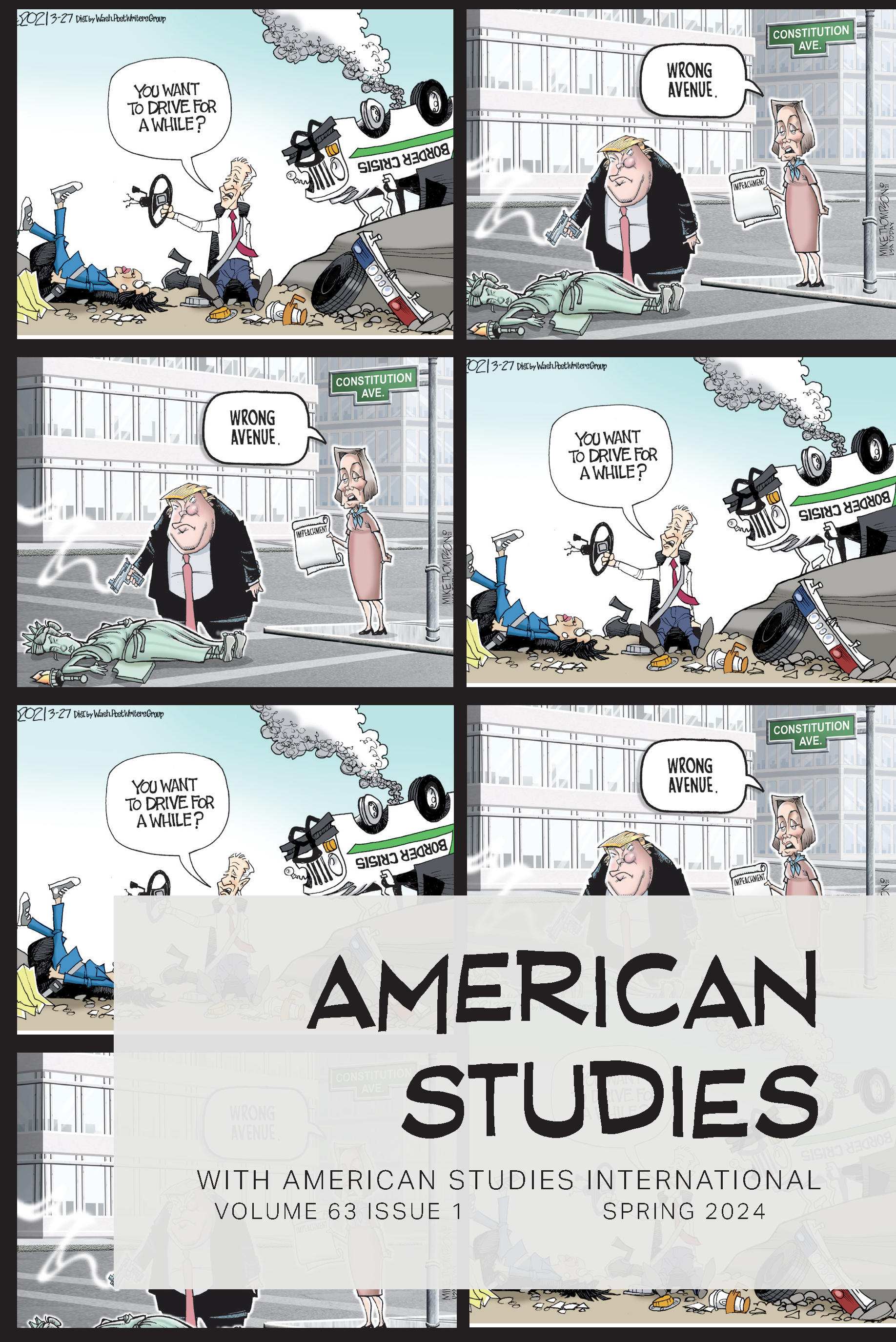Аннотация
Mary Oliver’s poetry became widely popular with the American public in the 1990s and continued to be so after her death in 2019, due to the poems’ articulation of the emotional and spiritual life in ways that were often missing from other forms of media and literature. However, some poetry critics and religious thinkers regularly condemned her work for its simplified language, sentimentality, and representation of transcendence in the natural world. The disjuncture of responses to Oliver’s work offers important insights into what Americans valued in spirituality and poetry from the late twentieth century onward (i.e. self-acceptance, language and ideas that were easy to understand, and the primacy of individual experience) as well as what some critics feared (i.e. that Americans were unwilling to engage with the more intellectual or challenging aspects of religion and poetry). This article situates Oliver within the spiritual and literary trends of this period to show how and why Americans embraced her poetry even though the audience for poetry was steadily declining. I argue that her presentation of poetry as a space untouched by politics, aesthetic trends, and newsworthy concerns of the day contributed to her popularity as well as the condemnation she received in some circles.
All items © Mid-America American Studies Association
Authors: If you prefer to remove your text(s) from this database please contact the editor.

